In our Health Mastery Institute’s Health Coaching Certification Program, we spend more than two full courses on the liver, its functions, its importance to a lifetime of health, its disease process and its cleansing process. The liver is critically important for your overall quality of life.
Every day we do things that are causing harm to our livers and in many cases we don’t realize it. Symptoms of an under-performing liver include: chronic fatigue, acne, constipation, menstrual cramps caused by excess un-eliminated estrogen, swelling in the feet or legs, and many more.
Your liver performs hundreds of functions in the body including:
- Circulation: The liver stores and regulates the blood and is responsible for nourishing every cell in our body. Every part of the body depends on blood from the liver for nourishment.
- Excretion: The liver cleanses the blood, removing ammonia and other substances filtered from the blood by the liver such as heavy metals and toxins.
- Metabolism: The liver helps metabolize carbohydrates, proteins, and fats, as well as vitamins and minerals.
- Protection and detoxification: The liver is responsible for the removal of foreign substances from the blood, detoxification by conjugation, methylation, oxidation and reduction.
- Formation: The liver forms urea, serum albumin, glycogen and blood coagulating proteins.
- Regulation of hormones: The liver eliminates excess hormones through bile. If the liver is unable to remove them, they can accumulate in the body’s tissues, which can lead to abnormal growths such as uterine fibroids, ovarian cysts, endometriosis, breast cysts and breast cancer, prostate enlargement or prostate cancer. Excess estrogen that is not being filtered out by the liver is a common cause of painful menstruation for women.
In order to keep the liver functioning optimally it is important to avoid as many toxins as possible in the diet by reducing or eliminating processed foods, and by eating a plant based low fat diet that contains plenty of cruciferous vegetables. Cruciferous vegetables support Phase II detoxification activity in the liver, while also help to regulate Phase I which can be over-active in some people.
Here are 6 Steps you can focus on to really help your liver on a daily basis.
- Begin each day with a glass of warm water with ½ organic lemon squeezed in it. Lemon juice stimulates digestive and liver function and cleanses the bowel.
- Eat more bitter foods to stimulate liver and gallbladder function including arugula, endive, and raddichio. Also eat foods high in sulphur help to stimulate liver detoxification such as garlic, Brussels sprouts, cabbage, onions, broccoli, cauliflower and radish.
- Consume herbal teas such as Dandelion, Chamomile, Peppermint, Burdock, lemon and ginger to support liver detoxification.
- Reduce refined flours and sugars (bread, pasta) in your diet as wheat products are especially abrasive to the digestive tract.
- Increase your consumption of fruits to help with regular daily bowel movements that remove toxic waste.
- Have some raw juice at least once a day to encourage liver detoxification, alkalize and cleanse the system an provide vitamin C to also help with bowel elimination.
For optimal liver health and overall wellness, I always recommend you do one long-term juice cleanse per year that includes the proper detox protocols and enough calories to sustain you. Avoid “cleanses” that include 3 or 4 small juices that amount to a dangerously low calorie level – often under 1000. Rather than cleanse the body, those types of programs shut down the body, shut down the metabolism and cause nausea, fatigue and illness. Also avoid “cleanses” that require you to take packets of substances that are dead, devitalized and come in boxes and packages. Stick to raw, fresh, live organic fruits and vegetables and be SURE you are fully aware of how to properly detox what is being released from the cells.










